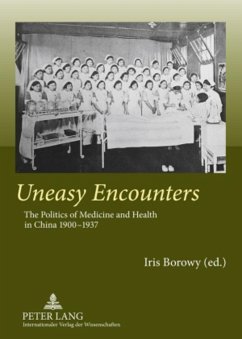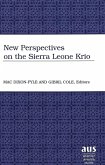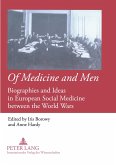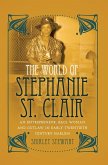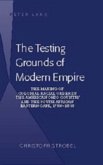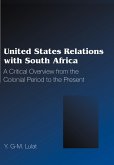Early twentieth century China went through a tumultuous period, marked by the end of an ancient monarchy, political instability and profound cultural upheaval. The medical discourse both reflected and contributed to these transformations. Western medicine arrived in China as part of missionary, foreign imperialist and internal modernization efforts. In various ways it interacted with Chinese practices and belief systems. The contributions in this volume explore important episodes of this multi-faceted process, describing key institutions, personalities and their respective motives and interests. Collectively, the chapters reveal a complex web of interlocking dimensions, which evade simple categorizations of Western or Chinese, exploitive or supportive, traditional or modern.
«Der Sammelband entspricht der in den letzten Jahren vermehrt gestellten Forderung nach der Herausstellung transnationaler Zusammenhänge im China des 20. Jahrhundert wie der verstärkten Fokussierung auf die Geschichte internationaler Organisationen. Zudem leistet der Band einen wichtigen Beitrag zur systematisch nicht ausgearbeiteten Medizingeschichte Chinas aus sozio-politischer Perspektive und erweitert bisherige Studien um Fallbeispiele, die einen Einblick in die regionale Unterschiedlichkeit der Gesamtentwicklung erlauben.» (Alexandra Pfeiff, H-Soz-u-Kult)

